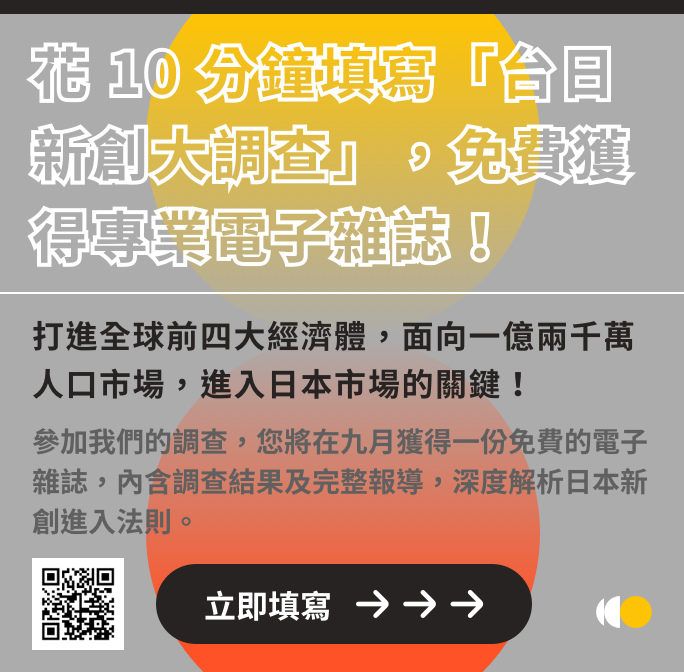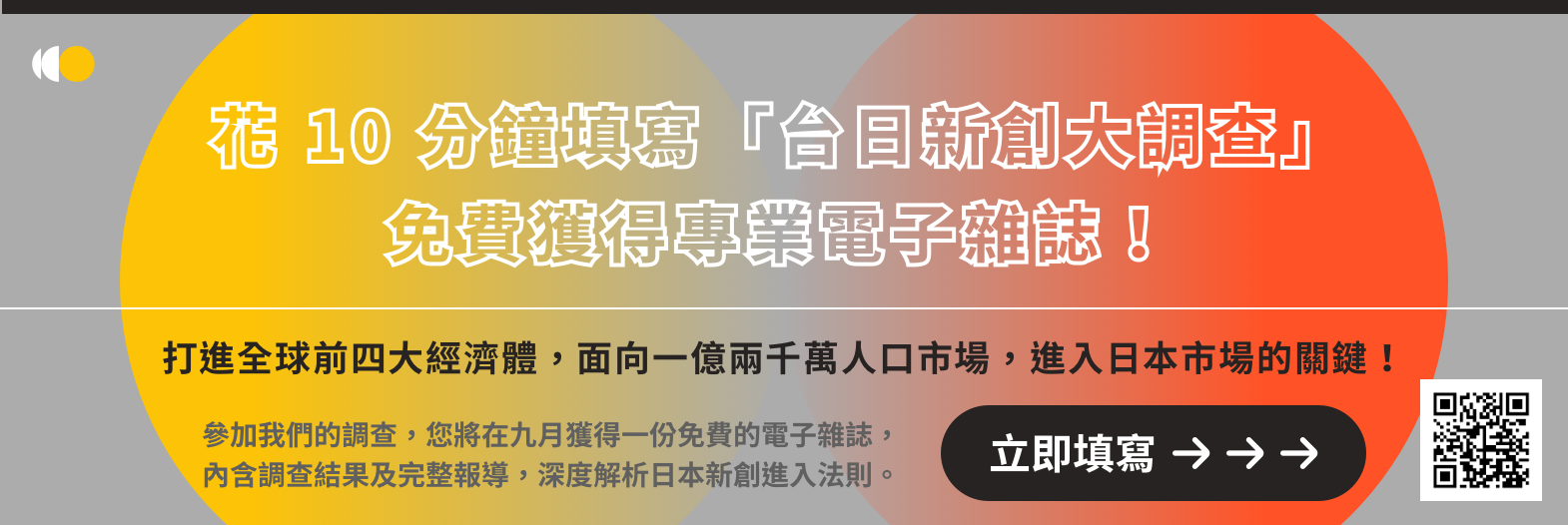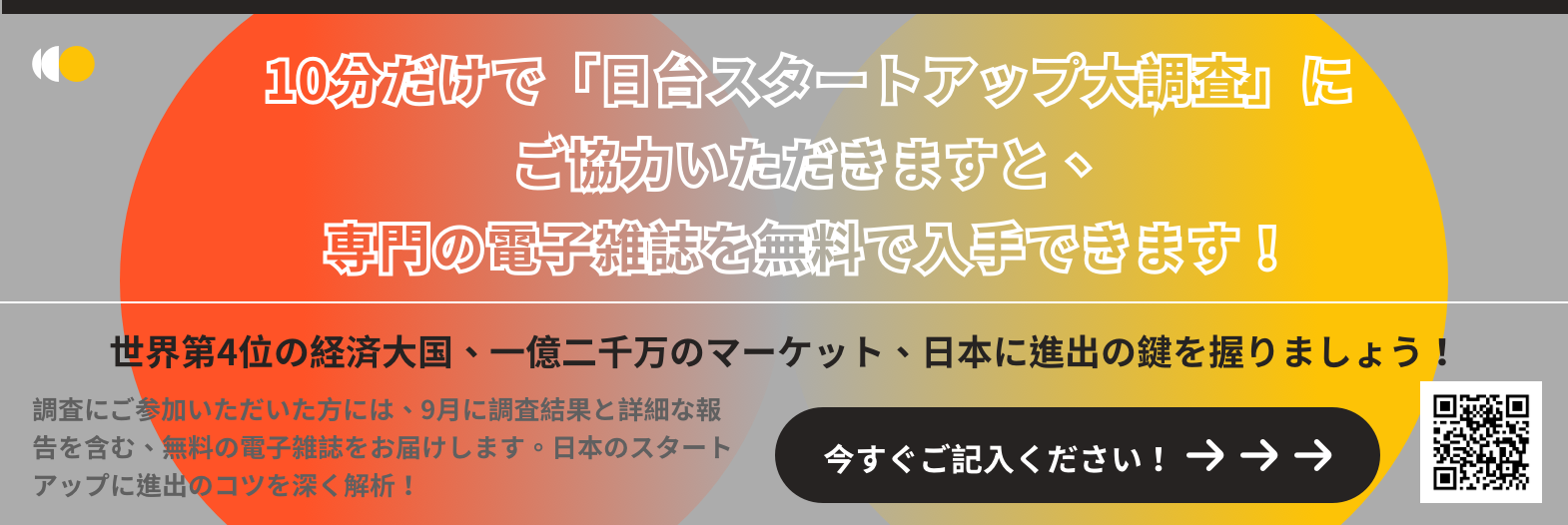What happened?
- At the end of February 2023, the Thai Cabinet approved a draft of the negotiation framework for the IPEF (Indo-Pacific Economic Framework for Prosperity), which will focus on strengthening supply chains between Thailand and partner countries for clean and environmentally friendly economic development.
- Joining IPEF paves the way for Thailand's vigorous promotion of the BCG Economy (Bio-Circular-Green Economy) model. (Bangkok Post)
- IPEF provides a platform for Thailand to move toward the third phase of its digital landscape development plan to promote the full digital transformation to reach the top 30 in the IMD (International Institute for Management Development in Lausanne) World Digital Competitiveness Ranking within five years. (VietnamPlus)
- In July 2022, the Thai Government approved the draft of Thailand National AI Strategy and Action Plan (2022 – 2027) to strengthen AI technology by developing at least 100 R&D prototypes with a focus on food and agriculture, government services, health and medicine, manufacturing, and other fields. (NECTEC)
Where is Thailand's industrial transformation headed?
IPEF holds the promise of building resilience, sustainability, fairness, and competitiveness in the economy, which has shared values with the BCG model promoted by Thailand in 2021.
- The BCG model employs technology and innovation to transform Thailand into a value-based economy, which conforms with the UN Sustainable Development Goals (SDGs) and aligns with the Sufficiency Economy Philosophy (SEP), the essential principle of Thailand's social and economic development. (NXPO)
- BCG aims to focus on four industries – namely food and agriculture; medical and wellness; bioenergy, biomaterial and biochemical; and tourism and creative economy – poised to accelerate Thailand's post-pandemic economic recovery.
- The BCG-covered fields have long been included in Thailand 4.0 strategic initiative launched in 2019. Policymakers now have visions for sustainable development.
- Thailand 4.0 is a collective approach that the Thai Government uses for the entire Thailand foreign investment policy and crucial industrial planning, aimed at lifting the country from its current Thailand 3.0, an era of heavy industry and export, to the 4.0 era where innovation-oriented manufacturing with production automation, biotechnology, and the digital economy will play an important role. (CROSSING)
- The Thailand Board of Investment (BOI) adopted an investment promotion strategy in October 2022. It identifies industries and sectors that are strategic to Thailand's long-term development. In addition, the Thai BOI offers companies tax benefits and other incentives to encourage their transformation into smart industries. The move also advanced Thailand as the regional business, trade, and logistics hub through income tax exemptions and other incentives.
What are the future business opportunities for Taiwan?
Thailand is accelerating its green and circular economy through automation and digital technology in key industries such as high-end agriculture, biotechnology, and digital and next-generation automobiles.
- The development trend of electric vehicles has advanced Thailand, a stronghold of automobile manufacturing, to transform by integrating the electronics industry with automobile components. It would be a good time for Taiwan's electronics industry to tap into the country.
- Thailand 4.0 includes smart city planning, covering smart governance, smart energy, smart economy, and smart transportation. For foreign investment, the Thai Government released bids related to smart cities, an opportunity for Taiwanese manufacturers to strive for.
In addition to the Green Deal, what are Thailand's plans to align with its international sustainability goals? What should Taiwanese companies be aware of if they want to seize the opportunity of Thailand's transformation? The following in-depth Sunrise Medium interview with experts has shed some light.




















